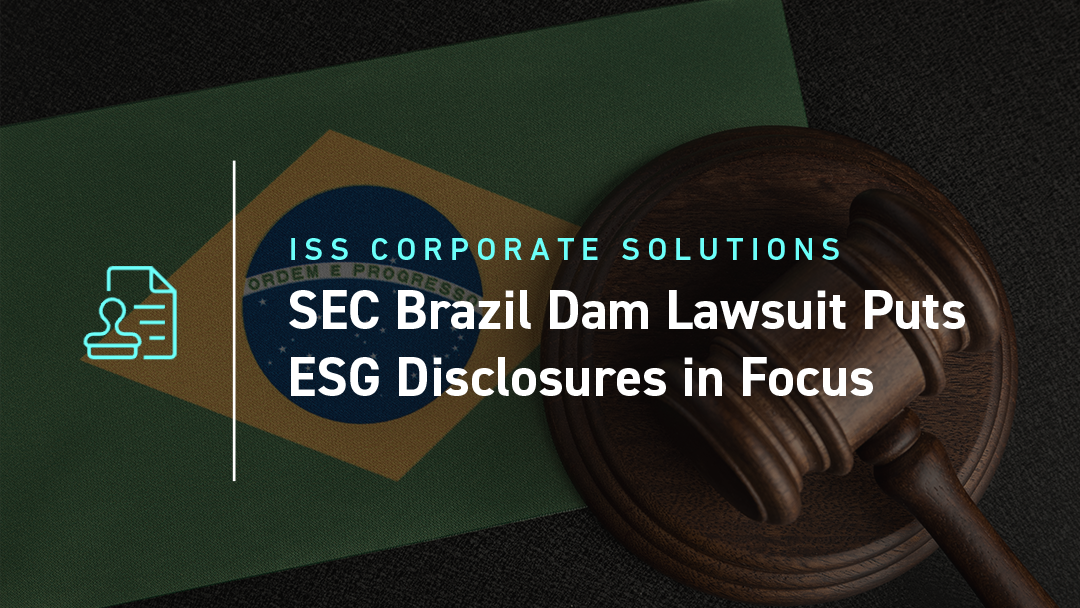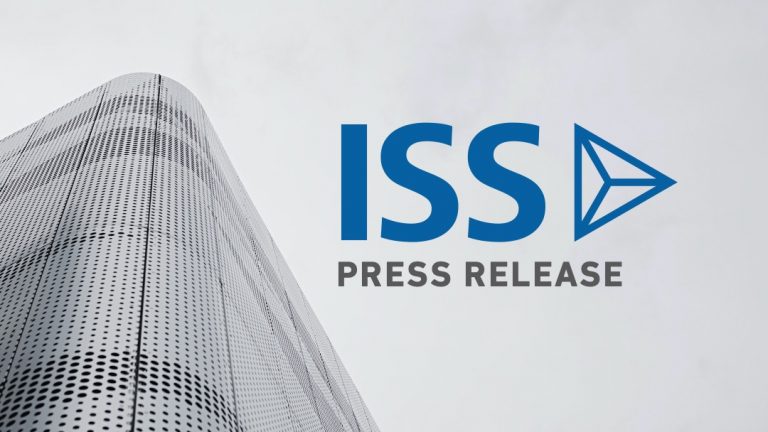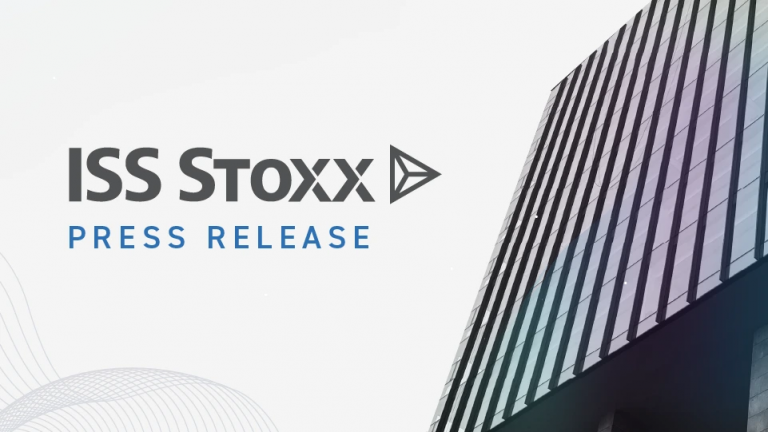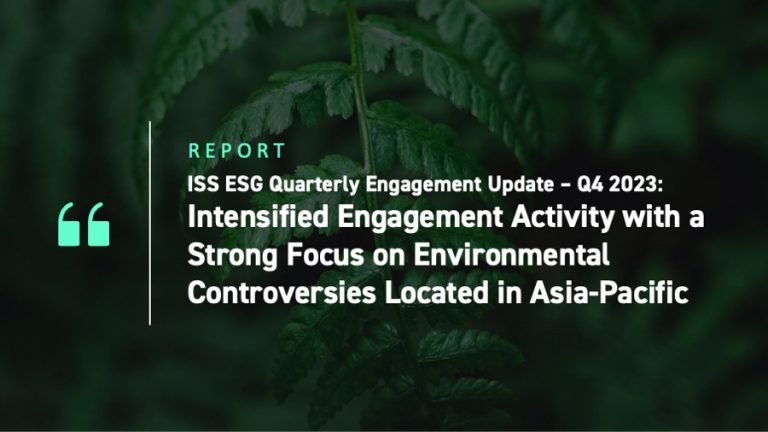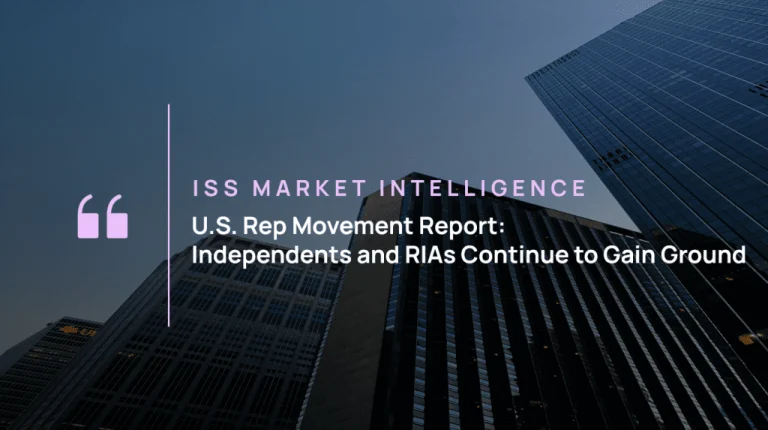A recently announced U.S. Securities and Exchange Commission (SEC) lawsuit over the collapse of the Brumadinho dam in Brazil underscores a sharper focus by regulators on the quality and timeliness of corporate sustainability disclosures.
The complaint against Brazilian iron ore producer Vale S.A. alleges that the company “manipulated multiple dam safety audits; obtained numerous fraudulent stability certificates; and regularly misled local governments, communities, and investors about the safety of the Brumadinho dam through its environmental, social, and governance (ESG) disclosures.’’ Vale’s public Sustainability Reports and other public filings fraudulently assured investors that the company adhered to the “strictest international practices” in evaluating dam safety and that 100 percent of its dams were certified to be in stable condition, according to the SEC.
Responding to the charges, Vale said it denies the SEC’s claims, “including the allegation that its disclosures violated U.S. law,” and that it will “vigorously defend” itself, while reiterating its commitment to “remediation and compensation of the damages” caused by the rupture of the dam.
The SEC’s high-profile action adds to a growing trend toward litigation over corporate ESG issues and disclosures, ranging from climate action to money laundering to sexual harassment. Regulatory scrutiny is intensifying and, concurrently, shareholder class actions to recoup losses caused by a company’s alleged misdeeds and omission of information are rising.
Class action filings over the last few years show a shift from traditional accounting-fraud allegations to litigation driven by specific events, many of them related to ESG issues, according to ISS Securities Class Action Services (ISS SCAS). The targets include corporate blue-chips across the globe, such as CBS, Alphabet, Las Vegas Sands, BHP Billiton, and Volkswagen.
Research by ISS SCAS shows that potential litigators have a motive to file their actions in the U.S., even when the company involved is based abroad. Shareholder-related litigation outside of North America tends to drag on for many years, while U.S. cases tend to get settled, on average, in about three years following the initially filed complaint. So-called event-driven litigation hinges on allegations around misleading or fraudulent statements or the omission of materially relevant information that influenced investment decisions. The SEC stressed that theme when it announced the Brazilian dam case.
“While allegedly concealing the environmental and economic risks posed by its dam, Vale misled investors and raised more than $1 billion in our debt markets while its securities actively traded on the NYSE,” Melissa Hodgman, Associate Director of the Commission’s Division of Enforcement, said in the statement. “By allegedly manipulating those disclosures, Vale compounded the social and environmental harm caused by the Brumadinho dam’s tragic collapse and undermined investors’ ability to evaluate the risks posed by Vale’s securities.”
While climate change has been the main driver for ESG-related litigation, topics across the ESG spectrum are drawing increased interest from company stakeholders. Government regulators, investors, and the public have demonstrated that they intend to hold companies accountable for their public statements regarding climate risk and other ESG factors.
As regulatory and investor scrutiny grows, companies need to be proactive in addressing their ESG plans and disclosures and understanding the financial impacts of transition risks and opportunities.
Contact your ISS Corporate Solutions Account Representative to learn how we can help you navigate sustainability disclosures and reporting or write to us at: contactus@isscorporatesolutions.com
By: Marija Kramer, Managing Director, Head of ISS Corporate Solutions. Ross Larsen, Senior Editor, ISS Corporate Solutions.
